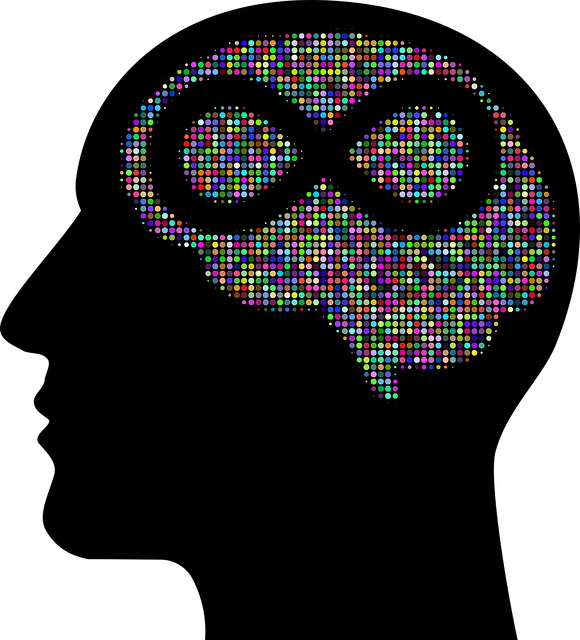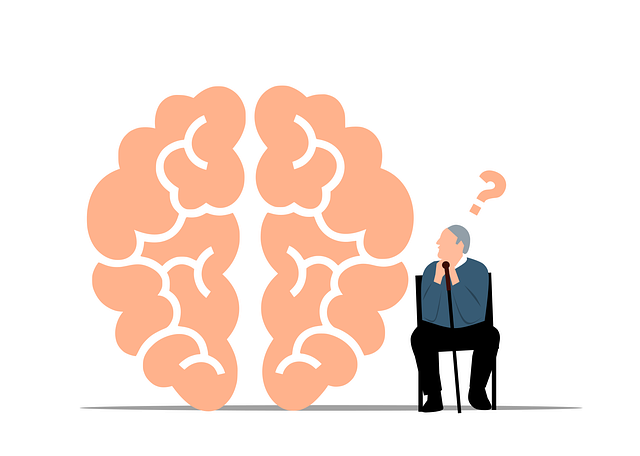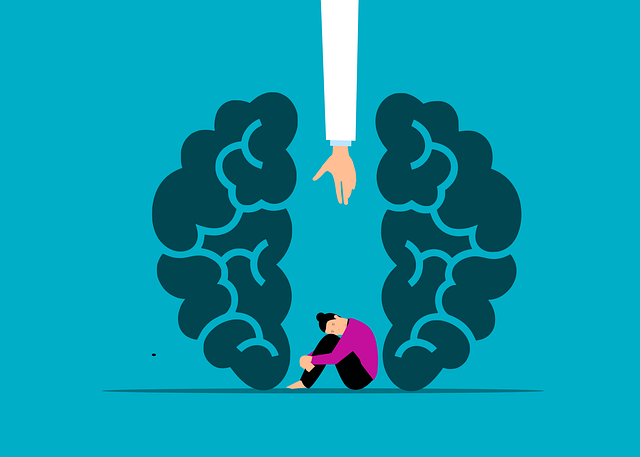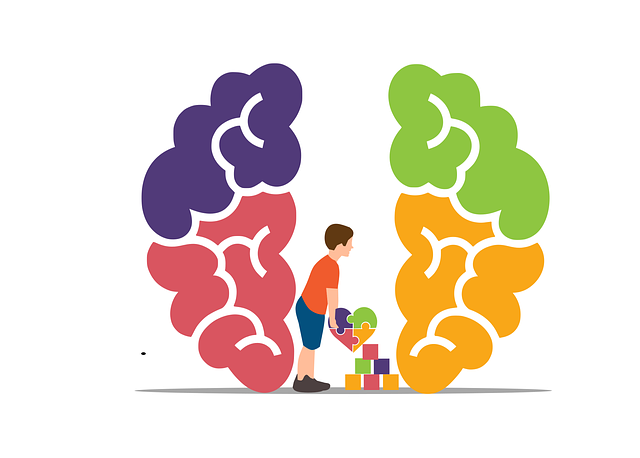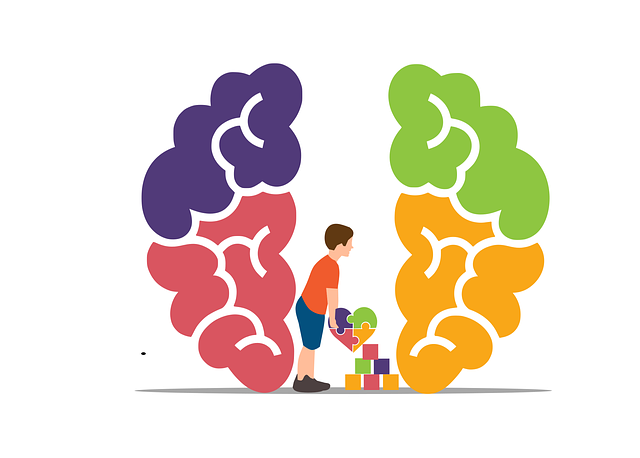Northglenn Christian Counseling Therapy (NCRT) uses digital technology, specifically mental wellness apps, to reach a broader audience with innovative solutions for stress management and therapy. These apps promote mindfulness, compassion cultivation, and inclusive practices, breaking down barriers to traditional therapy services. With a focus on user safety, personalized sessions, cultural sensitivity, and risk assessment tools, NCRT's apps offer comprehensive support tailored to diverse needs. Leveraging cutting-edge technologies like cloud computing and AI, these apps adhere to industry standards while appealing to a wide audience through engaging interfaces and strategic marketing, including relatable social media content.
In today’s fast-paced world, mental wellness apps are becoming indispensable tools for fostering emotional well-being. With a growing demand for accessible and personalized therapy options, Northglenn Christian Counseling Therapy (NCTC) apps offer a promising solution. This article explores the critical need for such applications, delving into key features that make an NCTC app effective, and outlining the development process using modern technologies. We’ll also uncover successful marketing strategies to engage users and promote mental health awareness.
- Understanding the Need for Mental Wellness Apps
- Key Features of an Effective Northglenn Christian Counseling Therapy App
- Development Process and Technologies Involved
- Marketing and User Engagement Strategies for Mental Health Apps
Understanding the Need for Mental Wellness Apps

In today’s fast-paced world, mental wellness is a critical aspect often overlooked amidst the hustle and bustle of daily life. This is where Northglenn Christian Counseling Therapy (NCRT) steps in, recognizing the growing demand for accessible and personalized support. With the rise of digital technology, there’s a significant opportunity to reach a broader audience through innovative solutions like mental wellness apps. These applications can serve as powerful tools to enhance public awareness campaigns development, promoting compassion cultivation practices and mindfulness meditation—all vital components for fostering better mental health.
By integrating these practices into digital platforms, NCRT aims to make therapy and stress management techniques more inclusive and engaging. Mental wellness apps have the potential to revolutionize how individuals connect with their emotional well-being, offering guidance and support on-the-go, whether it’s through interactive exercises or simple moments of mindfulness. This shift towards digital counseling is especially beneficial for those who may face barriers in accessing traditional therapy services.
Key Features of an Effective Northglenn Christian Counseling Therapy App

An effective Northglenn Christian Counseling Therapy app should incorporate several key features to enhance user experiences and outcomes. Firstly, it must offer a safe and secure platform for users to express their thoughts and feelings freely. This includes robust privacy measures and an interface that fosters open communication. Secondly, the app should provide personalized therapy sessions tailored to individual needs, incorporating evidence-based practices such as cognitive-behavioral therapy (CBT) techniques. Integration of Empathy Building Strategies can help therapists connect with users on a deeper level, fostering trust and understanding.
Moreover, cultural sensitivity in mental healthcare practice is crucial. The app should allow users to select their preferred language and cultural background, ensuring that therapeutic methods are adaptable to diverse needs. Additionally, risk assessment tools for mental health professionals must be integrated to monitor user progress and identify any potential crises, enabling timely interventions. These features collectively contribute to creating a comprehensive and effective Northglenn Christian Counseling Therapy app.
Development Process and Technologies Involved

The development process for a mental wellness app involves several critical stages. It begins with extensive research and planning, including understanding the target audience’s needs and preferences. At Northglenn Christian Counseling Therapy, we’ve leveraged this approach to create tailored digital solutions that address various mental health concerns, from anxiety and stress management to improving self-esteem. This initial phase also encompasses defining key features, creating wireframes, and designing user interfaces, ensuring a seamless and intuitive user experience.
Technological choices play a pivotal role in app development. For mental wellness apps, secure data storage, privacy protocols, and integration with existing healthcare systems are essential. We employ cutting-edge technologies like cloud computing for scalable storage, artificial intelligence (AI) for personalized recommendations, and natural language processing (NLP) to facilitate conversational therapy sessions. Additionally, incorporating features that promote Cultural Sensitivity in Mental Healthcare Practice, as well as integrating with broader Mental Health Policy Analysis and Advocacy initiatives, ensures the app caters to a diverse user base while staying current with industry standards and trends.
Marketing and User Engagement Strategies for Mental Health Apps

In today’s digital age, mental wellness apps are gaining immense popularity as people seek convenient and accessible tools for their emotional well-being. Marketing these applications effectively is crucial to reaching a wide audience, especially those who might be hesitant to seek traditional counseling services. Northglenn Christian Counseling Therapy can leverage social media platforms to create engaging content that normalizes conversations around mental health. By sharing relatable stories and offering insights into various therapy techniques, the app can attract users interested in both short-term relief and long-term self-improvement. For instance, highlighting success stories of individuals who overcame depression or boosted their confidence through tailored exercises could inspire potential users to take the first step towards better mental health.
User engagement is a key driver for any successful app. Incorporating interactive features such as daily check-ins, personalized recommendations, and progress tracking will keep users invested in their journey. Regular updates with new content, including informative articles, meditation practices, or self-awareness exercises, can encourage consistent use. Additionally, gamifying aspects like rewards for completing tasks or achieving milestones could make the experience more enjoyable. By combining strategic marketing with engaging user interfaces, mental wellness apps have the potential to revolutionize how individuals manage their emotional well-being, making resources like Northglenn Christian Counseling Therapy’s app widely accessible and appealing.
The development of mental wellness apps, including the Northglenn Christian Counseling Therapy app, is a significant step in addressing the growing need for accessible and personalized mental health support. By incorporating key features such as interactive therapy sessions, mood tracking, and community forums, these applications offer a holistic approach to improving users’ mental well-being. The development process involves careful consideration of user experience, privacy, and security, utilizing advanced technologies like artificial intelligence and data encryption. Effective marketing and user engagement strategies are crucial to ensure apps reach their target audience and foster long-term usage, ultimately contributing to improved mental health outcomes in Northglenn and beyond.

